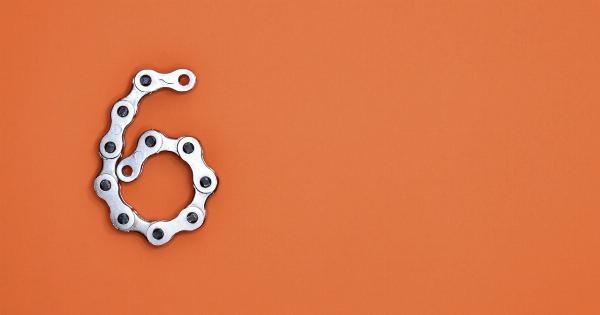Zinc is an essential mineral for the human body which plays a vital role in supporting several bodily functions. This mineral is involved in many biological processes, including wound healing, growth and development, immune system, and cell division.
Zinc is also responsible for regulating senses like taste and smell. Zinc deficiency can occur when a person’s body does not get enough zinc, which can lead to several health problems. In this article, we will discuss the six common signs of zinc deficiency.
Sign 1: Weak immune system
Zinc deficiency has a direct effect on the immune system. A weak immune system is one of the first signs of this deficiency. Zinc plays a critical role in the development and function of immune cells, including neutrophils and natural killer cells.
Conversely, a lack of zinc in the body can impair immune function, making people more susceptible to illness and infection.
Sign 2: Loss of appetite
Zinc is a crucial nutrient for regulating digestion and appetite, which means that a deficiency in zinc can result in an individual losing their appetite.
Not only can this cause weight loss, but it can also lead to nutrient deficiencies as a result of not consuming enough food to meet the body’s needs.
Sign 3: Hair loss
Zinc deficiency is known to cause hair loss in both men and women. Hair follicles require zinc to maintain proper growth and development. When there is a deficiency of the mineral, it can weaken hair follicles, leading to hair loss.
Sign 4: Delayed wound healing
Zinc is an essential mineral needed for the repair and regeneration of tissues in the body. A lack of zinc can result in delayed wound healing. The mineral plays a crucial role in the production of collagen, which helps to promote tissue repair.
Without sufficient zinc, wounds may take longer to heal or may not heal at all.
Sign 5: Skin problems
One common sign of zinc deficiency is skin problems such as rashes, acne, and dermatitis.
Zinc is essential for maintaining healthy skin, and a lack of the mineral can cause the skin to become dry, flaky, and prone to developing rashes or other skin conditions.
Sign 6: Unexplained weight loss
Zinc plays a critical role in regulating appetite and metabolism in the body. A lack of zinc can cause weight loss by decreasing appetite, impairing normal nutrient absorption, and increasing metabolic rate.
Unexplained weight loss could be a sign of undiagnosed zinc deficiency.
Conclusion
Zinc is an essential mineral required for many biological processes in the body. Deficiency in zinc can lead to various health problems. Therefore, it is essential to consume foods that are rich in zinc, or take supplements if necessary.
If you experience any of the symptoms mentioned above, it is advisable to consult a healthcare professional who can provide proper diagnosis and treatment.

























